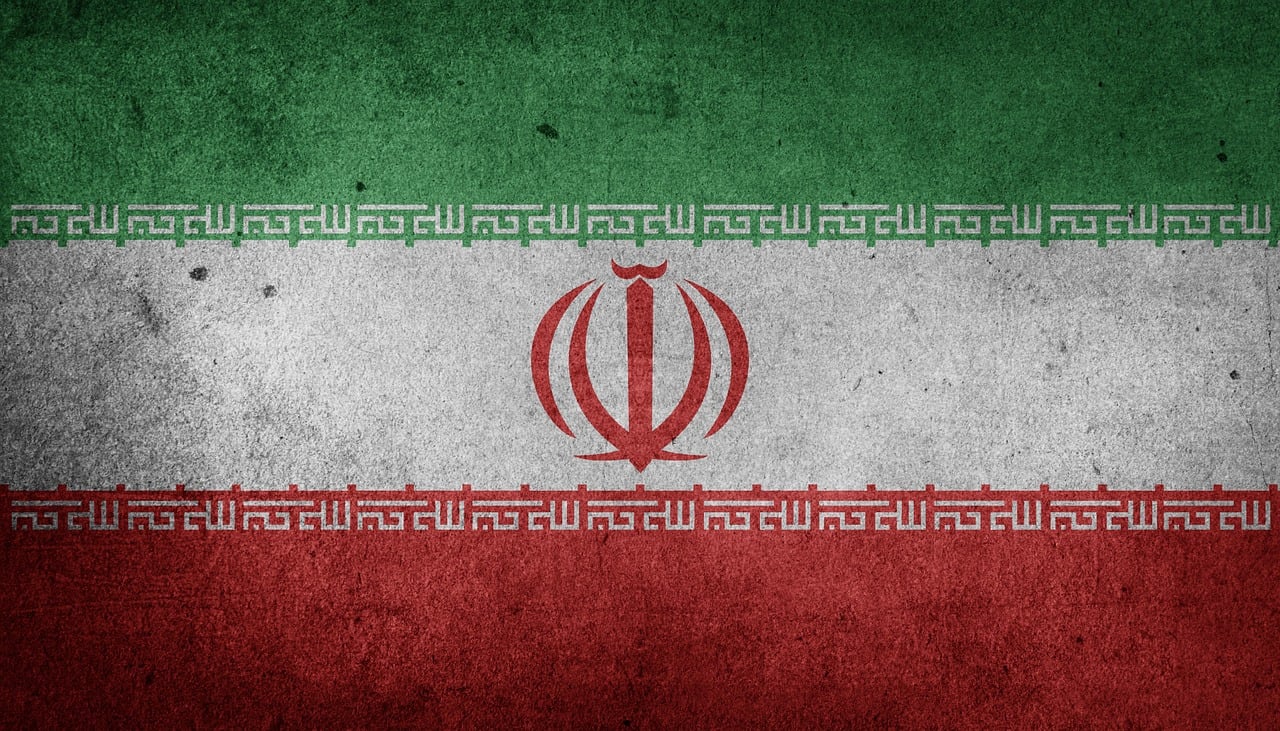Iran’s nuclear weapons program has been a point of contention with the U.S. for years, but especially since President Trump entered the White House. Since concerns about World War 3 heated up again, some have been wondering, “Does Iran have nuclear weapons?” The short answer is probably not, but the answer to the question is more complex than that.
Question: does Iran have nuclear weapons?
The reason so many people are wondering does Iran have nuclear weapons is because of the U.S. airstrike that took out Quds Force commander Major General Qassem Soleimani and a number of top members of Iraq’s military. Concerns about World War 3 were stoked as people started to worry about whether Iran would retaliate — and if other nations would feel pulled into the conflict in an all-out war.
If Iran does retaliate, the good news is that it probably does not have the capability to launch a nuclear attack. According to the Arms Control Association, which tracks nuclear weapons arsenals around the world, Iran is not believed to have any nuclear weapons or enough material stockpiles to build some.
However, even without nuclear weapons, Iran could deal some major damage to U.S. interests in the Middle East.
Global dispute over Iran’s nuclear program
Another reason many people have been wondering does Iran have nuclear weapons is because of the controversy that has centered on the country’s nuclear ambitions for years. The U.S. was party to a nuclear deal with Iran in 2015, but after he entered office, President Trump pulled out of that deal In May 2018. The deal provided billions of dollars’ worth of relief from sanctions if the company would hold back on its nuclear activities.
Officially, Iran Supreme Leader Ayatollah Ali Khamenei banned nuclear weapons because he deemed them forbidden by Islamic law. However, the U.S. has accused Tehran of working to build nuclear weapons, although Khamenei issued an Islamic legal opinion in 2003 that opposes building weapons of mass destruction. Tehran maintains that all of its nuclear activities are aimed at energy purposes rather than weapons, although debate over that continues.
The United Nations Security Council sanctioned Iran starting in 2006 because it refused to halt its efforts to enrich uranium. Sanctions tightened even more in 2010. The Iran nuclear deal in 2015 eased those sanctions and placed Iran’s nuclear program under the watch of the International Atonic Energy Agency.
When Trump entered office, he said he felt the program did not go far enough to curb Iran’s nuclear ambitions and its support for international militant groups. However, other nations which signed the deal continue to support it, although they have all begun to doubt whether the deal has been successful if tensions in the region keep rising.
How close?
Iranian officials said last year that they had broken the limit of the amount of enriched uranium they were allowed to stockpile under the terms of the 2015 deal. That further increased concerns that the country could build a nuclear weapon within a matter of months.
Despite those concerns, experts believe the breaching of the limit is less of a firm step toward building a nuclear bomb and more a symbolic gesture, according to Foreign Policy. Most generally agree that the country does have the expertise and capacity to eventually build one, but it’s unclear whether Iran even intends to do so. Thus, debate about whether Iran is actually building a nuclear bomb continues.
Under the terms of the 2015 deal, Iran was supposed to be limited to stockpiling 300 kilograms of “low-enriched uranium” meant to produce fuel for nuclear reactors. However, Tehran would still have several more steps before it could build a nuclear weapon.
Iran would need 1,050 kilograms of low-enriched uranium to build the core of a single nuclear bomb. Then the country would have to enrich it even fur to 90% purity. Iran is supposedly only enriching uranium to 3.67% purity, so there’s a long way to go. The nation would need approximately 25 kilograms of “highly enriched uranium.”
It’s believed that Tehran would need about one year to enrich enough uranium suitable for a nuclear bomb, although it could happen faster if it violates other parts of the deal. Exceeding the 300-kilogram limit doesn’t change the timeline in any meaningful way, according to experts who spoke to Foreign Policy last year.
After it has enough enriched uranium, it could take another several months to a year to convert the uranium from gas to metal, add an explosive package to ignite the nuclear reaction and then mount it to a missile. However, experts also note that in 2003, intelligence indicated that Tehran was building the facilities required to build nuclear weapons. Such facilities could reduce the amount of time it would take to build a nuclear bomb.
When considering does Iran have nuclear weapons, it is first important to discuss whether or not the nation actually intends to build any. Iranian officials maintain that they will not because Islamic law does not allow it, but the debate continues.




